
by Dr. Randal Joy Thompson
28 July 2021
Share this article:
Although the 1995 Beijing Declaration and Platform of Action embodied the commitment of the international community to achieve gender equality and provide better opportunities for women and girls, much progress remains to be made. Established in 2011, ILA’s Women and Leadership Member Community (W&L – formerly the Women and Leadership Affinity Group (WLAG)) has devoted itself to promoting Beijing’s platform and women’s leadership globally. W&L’s Asilomar Declaration and Call to Action, published in 2013 and amended in 2015, laid out the community’s five focus areas of: 1) Increasing Equality in Power and Decision-Making; 2) Helping Girls and Young Women Become Leaders; 3) Expanding Leadership Education and Development Worldwide; 4) Advancing Women in Leadership; and 5) Identifying Critical Areas for Future Research. Five ILA W&L conferences, a series of seven ILA W&L books, and a 2014 colloquium to advance theories of women and leadership and stimulate scholarly research among ILA W&L members have served to operationalize the Asilomar Declaration and establish a firm foundation upon which to advocate for women and girls. The 2021 ILA W&L Academic Colloquium pushed the needle for advancing women’s leadership further forward by moving the community “From Intent to Action.”
Fifty-five scholars formed into eight teams and gathered virtually for four hours per day from June 3 to 5 to develop research in critical areas impacting women — areas that need to be raised to the policy and action level. These areas, derived from a survey circulated among ILA W&L members, include structural inequities; critical feminism; collaborative leadership; power and politics; globally mobile female leaders; intersectionality; young women and girls; and impact on outcomes, problem-solving, and results. Highlighting the global reach of ILA’s W&L community, colloquium participants hailed from Botswana, Canada, Egypt, Japan, the United Arab Emirates, the UK, and the United States. PhD students were included on each team as an expression of the community’s commitment to mentor new scholars.
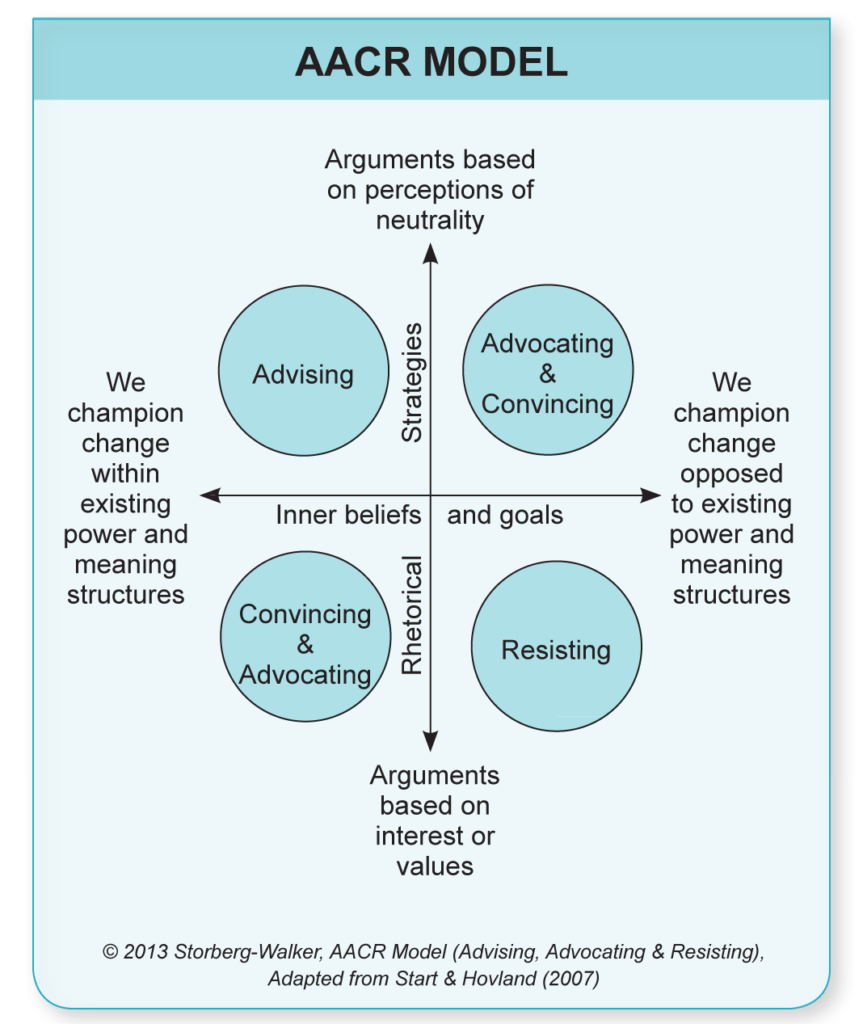
Colloquium participants focused on action-oriented research, which disrupts the dominant system’s patriarchal narrative and its imbedded power structure through the inclusion of the marginalized voices of those being studied. Action-oriented research can result in a change of attitudes and opinions, the introduction of a far more equitable narrative with a broader power base, and the mobilization of public action around it. In the Asilomar Declaration, ILA’s W&L community adopted a model that includes four tactics for change: advising, advocating, convincing, and resisting (see figure). As the Declaration contends, “the horizontal axis represents a spectrum of beliefs and goals; our ideas fall along the spectrum from the far left (advocating for human rights) to the far right (advocating for an end to patriarchy) and everywhere in between. The vertical axis represents the spectrum of rhetorical strategies we use to construct our arguments for change. Arguments based on the notion of scientific neutrality or evidence-based practice are above the horizontal axis, and arguments based on values or interests follow” (p. 6).
Colloquium leaders organized the event such that keynote addresses by women leadership scholars who have emphasized action were followed by time for research teams to formulate their research questions, methodologies, and timelines. The team included:
- Colloquium Co-Chairs: Dr. Rita Gardiner (Assistant Professor of Critical Policy, Equity, and Leadership Studies in the Faculty of Education at Western University in London, Ontario) and Dr. Marlene Janzen Le Ber (Brescia Excellence in Research Professor and Chair, School of Leadership & Social Change, Brescia University College, London, Ontario).
- Program Co-Chairs: Dr. Ann Berghout-Austin (Professor Emerita, Human Development, Utah State University) and Dr. Lynne Devnew (formerly on the Doctoral Faculty and a Distinguished Research Fellow at the University of Phoenix.)
- Planning Committee members: Dr. Adrienne Castellon (Leadership Development Consultant, Fraser Health Authority, British Columbia, Canada); Dr. Chrys Egan (Associate Dean, Liberal Arts, Salisbury University); Dr. Liza Howe-Walsh (Reader in International Human Resource Management, University of Portsmouth Faculty of Business and Law); and Dr. Susan Kirk (Deputy Subject Group Head, Leadership, Work and Organisation / Senior Lecturer International Human Resource Management, Newcastle University Business School).
Dr. Rita Gardiner opened the colloquium with a land acknowledgment that pays tribute to those Indigenous nations who have taken care of the land they have called Turtle Island for thousands of years. This is a practice recommended by the Truth and Reconciliation Commission of Canada and adopted by universities throughout the country. Dr. Gardiner acknowledged that her and Dr. Le Ber’s university is located on the traditional lands of the Anishinaabek (Ah-nish-in-a-bek), Haudenosaunee (Ho-den-no-show-nee), Lūnaapéewak (Len-ahpay- wuk) and Attawandaron (Add-a-won-da-run) peoples and recognized that this land continues to be home to diverse Indigenous peoples (First Nations, Métis, and Inuit) who are contemporary stewards of the land and vital contributors of Canadian society. Recognizing the recent discovery of a mass grave of 215 Indigenous children at Kamloops Indian Residential School in British Columbia, Dr. Gardiner reminded us of how systematic discrimination against Indigenous peoples is threaded throughout Canada’s history as it is throughout the history of the United States and many other countries. Acknowledging countries’ complicity in the harm caused by this and other tragedies, including the ongoing pandemic, makes action-oriented research that builds awareness and includes measures that promote justice and equality for all, all the more important.
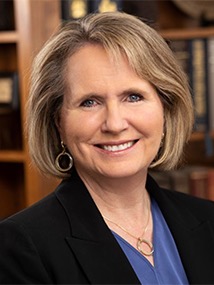
The colloquium’s first keynote speaker was Dr. Susan Madsen who is known internationally for her work promoting women’s leadership. Dr. Madsen is the Inaugural Karen Haight Huntsman Endowed Professor of Leadership in the Jon M. Huntsman School of Business at Utah State University, founder and Director of the Utah Women & Leadership Project, and the founder of ILA’s W&L member community. During her keynote, she emphasized the importance of civic dialog and becoming active in one’s community to form relationships for change. Her Utah Women and Leadership Project strengthens the impact of Utah girls and women by producing relevant, trustworthy, and applicable research; creating and gathering valuable resources; and convening trainings and events that inform, inspire, and ignite growth and change for all Utahans.
Following this keynote, Drs. Le Ber, Devnew, and Berghout-Austin provided an overview of action-oriented research methodologies. All of the methodologies discussed have a long history of moving a variety of disciplines from intent to action and afford possible avenues for colloquium participants to follow.
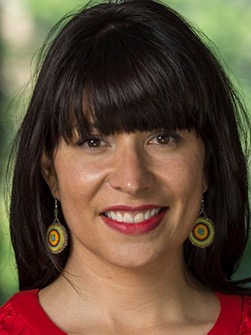
On day two, keynote speaker Dr. Candace Brunette-Debassige, Special Advisor to the Provost (Indigenous Initiatives) at Western University spoke from her experience as a Mushkego Cree woman originally from Fort Albany First Nation (Treaty 9 territory) of the importance of the Indigenizing Movement. The movement, consisting of reconciliation, decolonization, and indigenization, emphasizes the importance of Indigenous self-awareness, research combined with refusal and action, and storytelling as an approach to challenge the triple bind of race, gender, and two-world occupation that Indigenous women leaders struggle against.
Dr. Brunette-Debassige also presented her transformative, decolonial leadership model consisting of 1) critical Indigenous transformation; 2) the five R’s of respect, relevance, reciprocity, responsibility, and relationships; and 3) Indigenous place-based community engaged processes. Five stances map the model into action: 1) positionality–locating oneself in relation to Indigenous People, power and privilege, Indigenous lands; 2) criticality–understanding power relations; 3) structural and culturalist considerations–understanding social change processes at various levels; 4) praxicality–commitment to ongoing cyclical reflexivity in relation to decolonial praxis; and 5) transformability–evaluation of the aims of change processes.
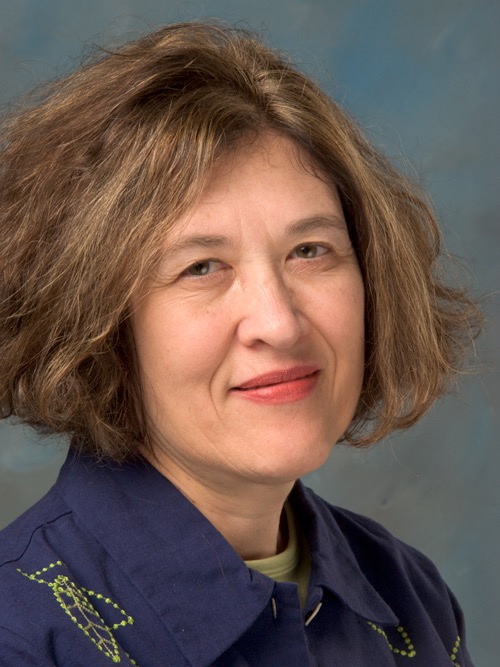
Dr. Joyce Osland, formerly the Lucas Endowed Professor of Global Leadership and Executive Director and founder of the Global Leadership Advancement Center at San Jose State University, emphasized the importance of disseminating one’s research through all possible channels available as an essential component of action-oriented research. She spoke of journals’ resistance to publishing articles on women leaders from countries they consider to be insignificant and of journals that do not consider articles on women’s leadership to be cutting edge. Dr. Osland’s groundbreaking research in global leadership has successfully provided scholarly input into the practice of leadership on the global stage. In particular, the surveys she designed with her colleagues to determine the desired traits for effective global leadership have been instrumental in helping global companies select and train their leaders to be able to navigate the increasing complex, wicked problems faced by the world and by multinational organizations.
On day three, each of the eight research teams presented their research questions, possible methodologies, and plans for working together over the next several months. During the colloquium, the teams clearly made significant progress in developing their working styles and in clarifying the impact they envision their research having on their area of focus.
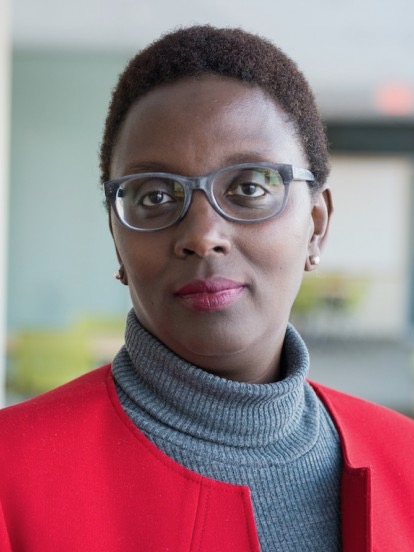
Associate Professor of Ethics and Director of the Lorentzsen Center for Faith and Work at Concordia College, Dr. Faith Wambura Ngunjiri, concluded the colloquium. Inspired by feminist scholar Dr. Gayatri Chakravorty Spivak, Dr. Ngunjiri situated her activist scholarship in a voice that is true to her, a Black Feminist/Africana Womanist. She warned against epistemological imperialism and argued for the legitimacy of standpoint theorizing. Dr. Ngunjiri characterized her approach to action-oriented research as being tempered radicalism and a critique focused on the deconstruction of undemocratic power relations blended with spiritual reflection grounded in an African sense of moralism, prophetic resistance, and hope. Her critical spirituality includes courage, conviction, compassion, calling, servant leadership, and the compulsion to act.
Overall, the colloquium succeeded in its intent to advancing women’s leadership further forward by moving the community “From Intent to Action.” During the event, eight strong research teams formulated their research problems, methodologies, plans to obtain IRB approvals, data collection and analysis plans, and established how they will work together to craft their articles. We are excited to see the results of these teams, who will have the opportunity to submit their research to special issues of the peer reviewed journals Gender and Management and/or The Journal of Excellence in College Teaching to be published in Spring 2022.
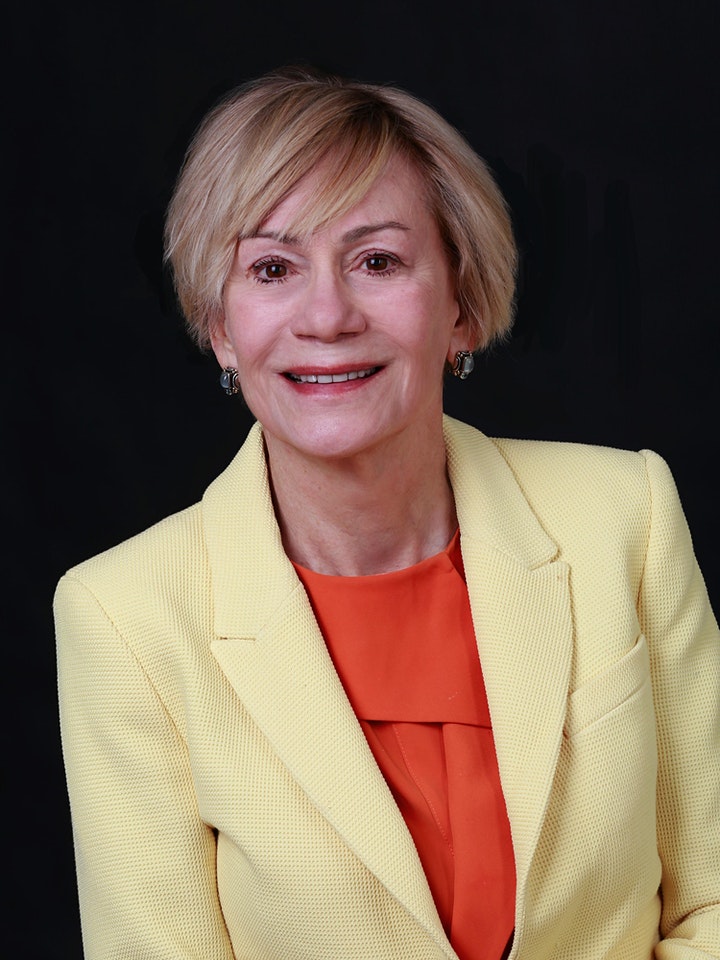
Randal Joy Thompson, Ph.D, is a scholar-practitioner with 40 years professional experience in international development, serving in countries around the world. A Fellow with the Institute for Social Innovation, Fielding Graduate University, her research focuses on the commons, on gender, education, evaluation, and organization development. Her publications include Proleptic Leadership on the Commons: Ushering in a New Global Order (2020), Leadership and Power in International Development: Navigating the Intersections of Gender, Culture, Context, and Sustainability (2018) which won the Human Resource Development R. Wayne Pace HRD Book of the Year Award. Her new book Reimagining Leadership on the Commons: Shifting the Paradigm for a More Ethical, Equitable, and Just World will be out September 2021 from Emerald Group Publishing.

